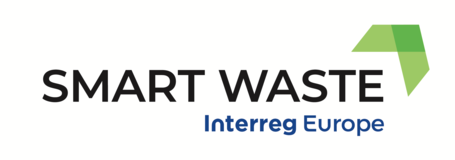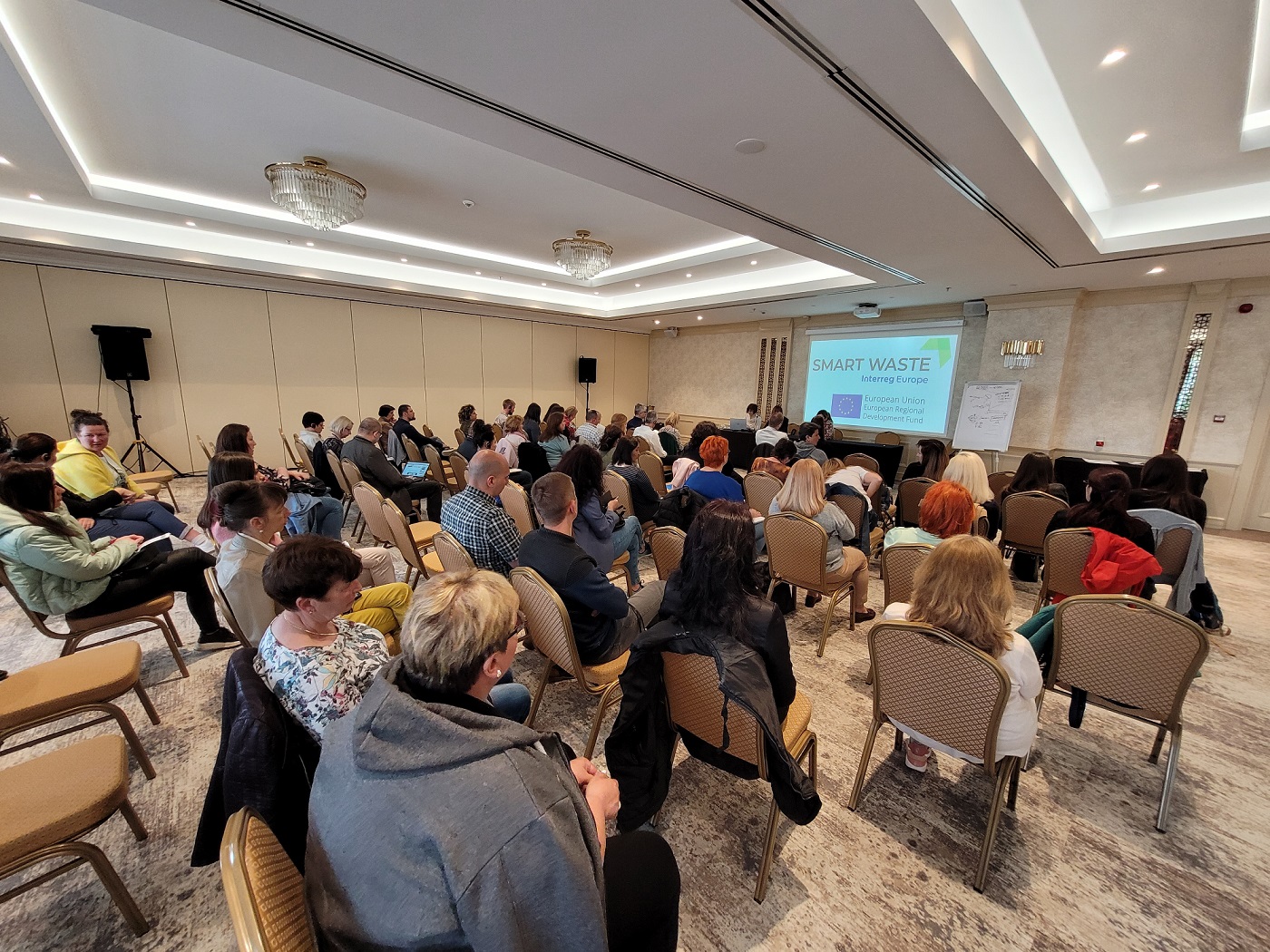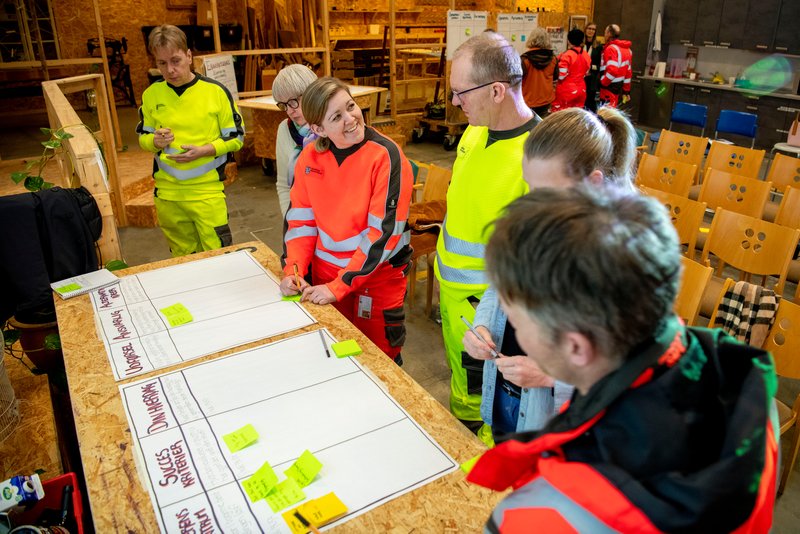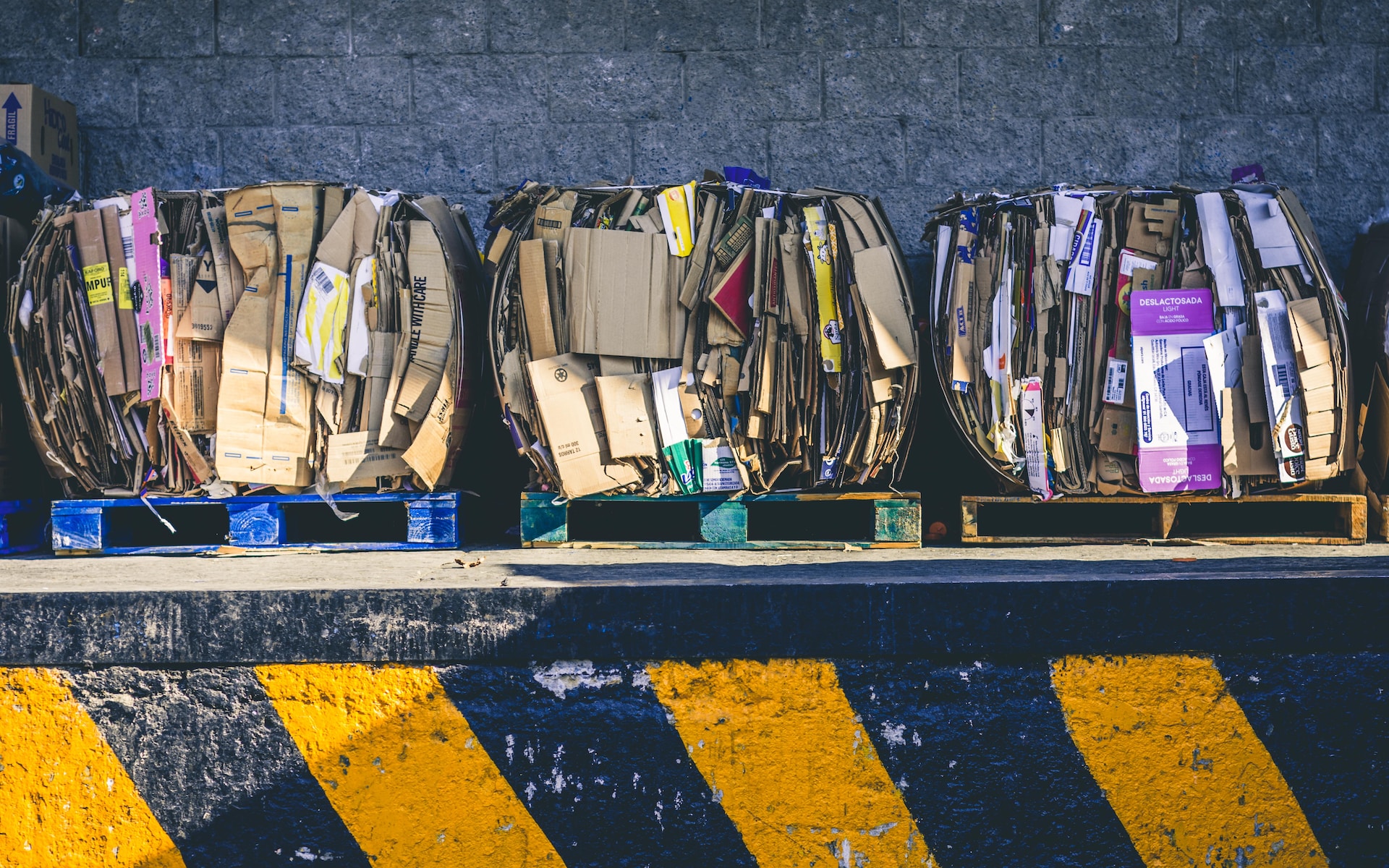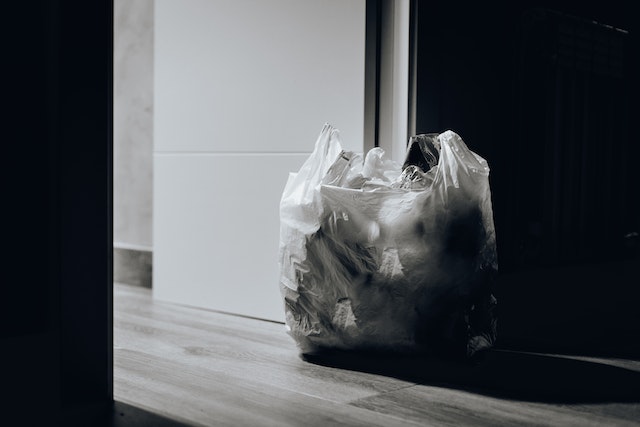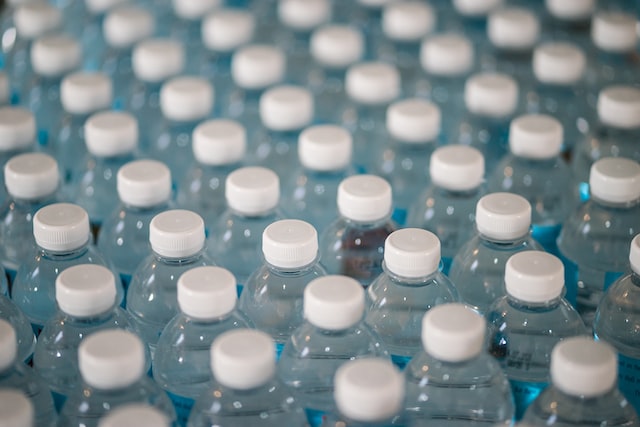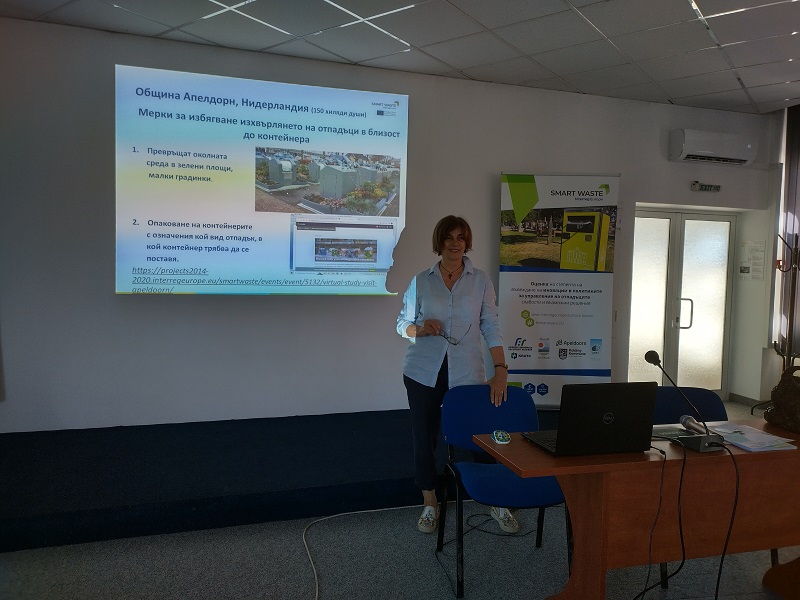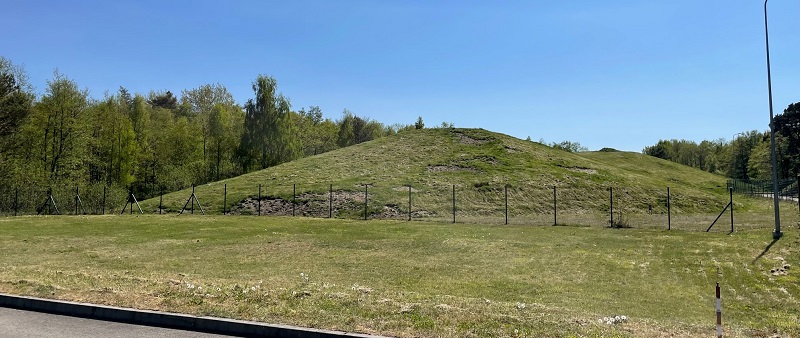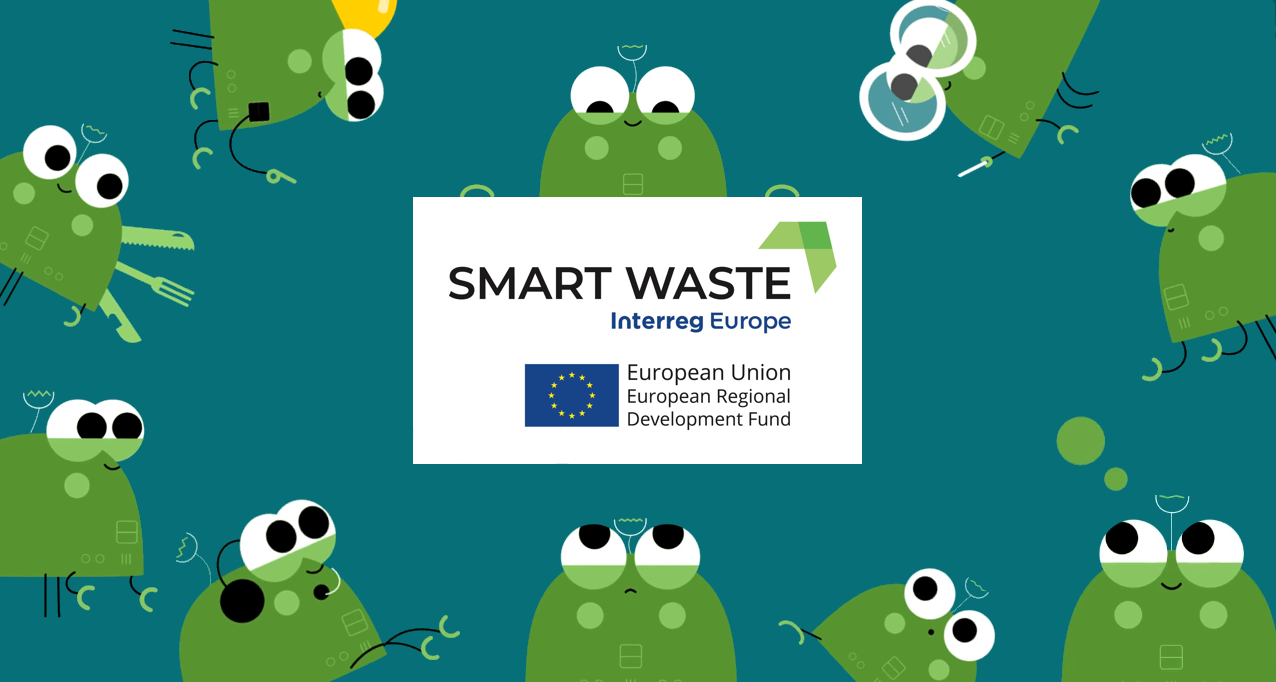During their meeting in Klaipeda on 23-24 May 2022, the SMART WASTE partners went on a study visit to Curonian Spit and the Municipality of Neringa, to understand the specific waste issue of this very touristic place.
Have you heard of Curonian Spit?
Curonian Spit is one of the five national parks in Lithuania. It was established in 1991 to protect the unique ecosystems of the Curonian Spit and Curonian Lagoon.
This is a UNESCO World Heritage Landscape, located on a land spit in front of Klaipeda, separating the Curonian Lagoon from the Baltic Sea. Curonian Spit is home to the Nagliai nature reserve, with white and grey dunes, sand up villages and unique flora and fauna species. At the same time, it hosts serval tourist resorts and facilities located in the Municipality of Neringa (one of KRWMC shareholders) and in the smaller villages nearby.
This makes Curonian Spit and Neringa very popular tourist destinations. The number of visitors is extremely high in the summer season, including both people visiting the spit on daily trips and long-term tourists, spending several days in local facilities and resorts, which results in the local population more than doubling in the tourist period.
This poses significant challenges in terms of waste management. On the one hand, waste collection services need to be enhanced to cater for the much higher waste flows produced by non-resident population. On the other, the constraints related to the natural reserve status call for the adoption of special measures that do not harm the precious biodiversity of the area (e.g. too frequent trucks to collect waste may create issues in terms of pollution).
Curonian Spit was home to a landfill waste management site that was closed (following a national law) in 2008 and it is now being recultivated. The waste management site where it was located has been reconverted into a bulky waste collection centre for residents and it also hosts a reuse center, where citizens can bring second-hand goods.
To address challenges related to the management of increased waste flows in the summer, the Municipality of Neringa works in close collaboration with KRWMC, with constant dialogue and exchange. The objective is to optimise waste collection and sorting in the tourist season, by guaranteeing the preservation of the local environment.
Possible measures being discussed include sorting of some waste categories for the whole tourist season, limiting waste collection trucks to food waste only (as this cannot be stored). Effective implementation of this kind of measures would need efficient waste sorting practices, with very good collaboration from residents and citizens. The municipality has good experience in this sense, being a pioneer city in composting, with a good level of satisfaction from citizens. Therefore, they are currently evaluating the possibility to adopt this kind of approach.
